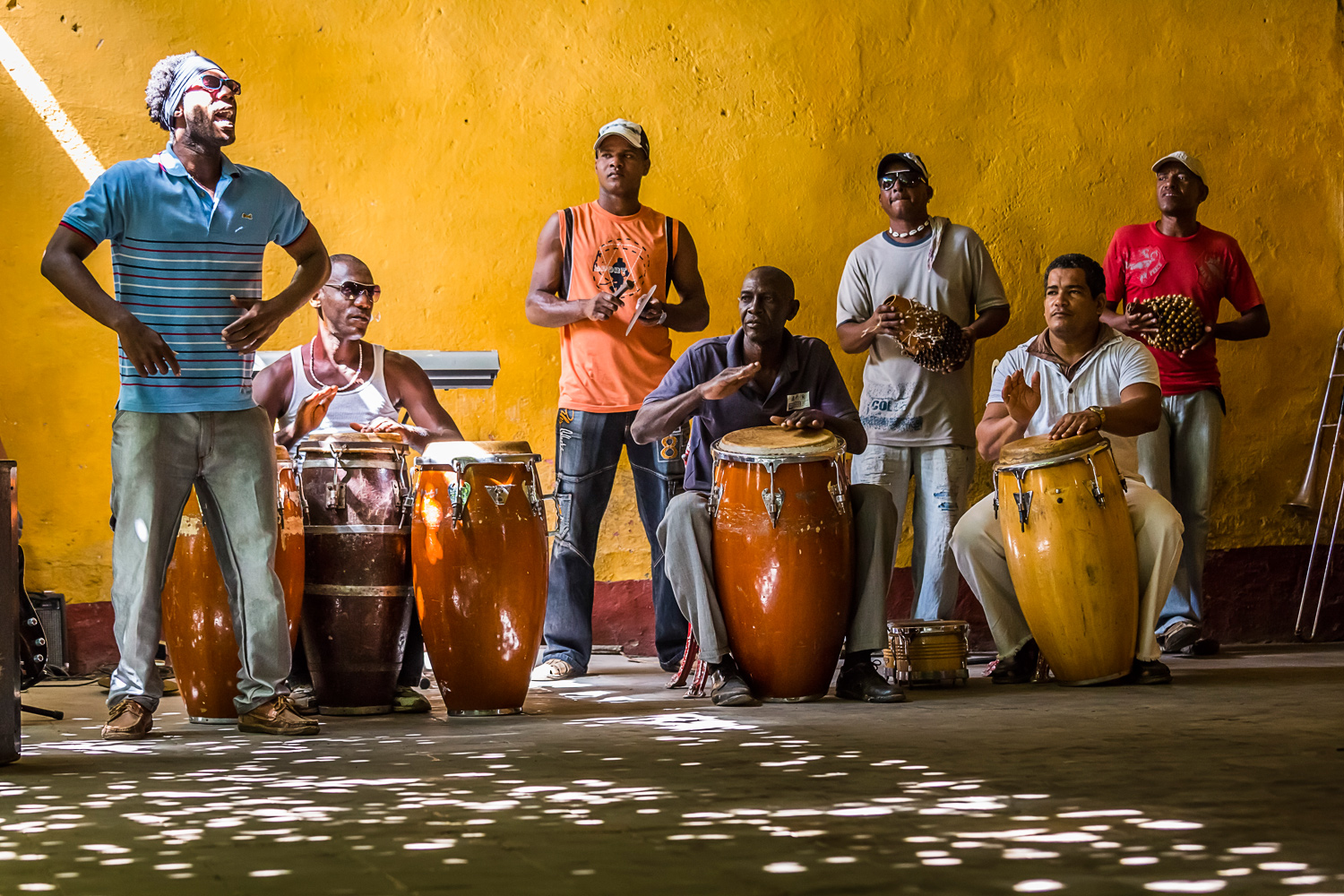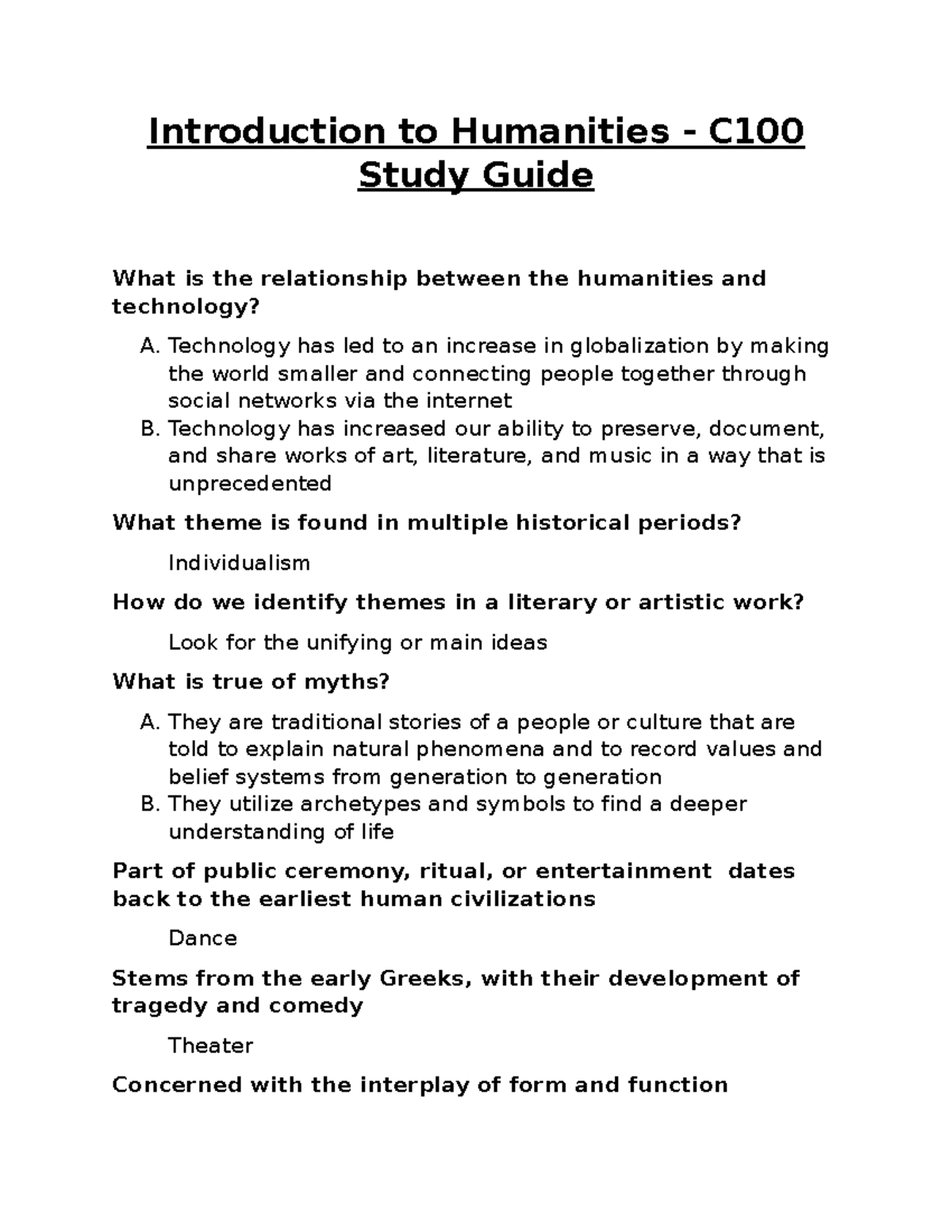Afro-Cuban music is a vibrant genre that embodies the rich cultural exchange between African and Cuban musical traditions. Driven by the rhythms and melodies that emerged from the African diaspora, this genre has significantly shaped the soundscape of the Caribbean and beyond. Pioneering artists like Yosvany Terry are at the forefront of this movement, actively exploring the connections between West African music and contemporary jazz. As the director of the Harvard Jazz Ensembles, Terry aims to inspire a new generation of musicians by integrating these cultural influences into their education. Join us for the upcoming ArtsThursdays performance to witness how these musical legacies continue to thrive and evolve together in today’s music scene.
Exploring Afro-Latin rhythms and the profound roots of Cuban sound, the essence of Afro-Cuban music unveils a tapestry of history and cultural identity. This musical form, steeped in the influences of the African diaspora, weaves a narrative that speaks not only of survival but also of celebration through arts and performance. Influential musicians like Yosvany Terry are instrumental in bridging these traditions, especially within academic settings such as the Harvard Jazz Ensembles. The upcoming event in the ArtsThursdays series promises an engaging experience that highlights these unique connections and the ongoing legacy of this vibrant genre. Prepare to be immersed in a concert experience that intertwines past and present, showcasing the dynamic spirit of Afro-Cuban music.
The Cultural Connection: Afro-Cuban Music and African Heritage
Afro-Cuban music has profound roots that intertwine with the African diaspora’s cultural heritage. Yosvany Terry’s latest research aims to illuminate these connections between the musical traditions of Benin and the vibrant rhythms of Cuban music. As he delves into the historical context of these genres, he uncovers how African music continues to shape the identity of Cuban culture. By analyzing the African percussive instruments and vocal styles that were transported across the Atlantic, Terry highlights the resilience of these traditions, which have evolved while maintaining their core characteristics.
Through his work, Terry emphasizes the role of Afro-Cuban music as a cultural safeguard, representing the spirit and struggles of past generations. The rhythmic complexity found in this music speaks to the communal experiences shared among African descendants, providing a sense of identity and belonging. At the upcoming ArtsThursdays performance, audiences will witness this powerful dialogue between cultures, as interpretations of Beninese music intersect with contemporary Cuban jazz, fostering a deeper appreciation of this rich heritage.
Exploring the Influence of the African Diaspora in Music
The African diaspora has played a crucial role in shaping various musical traditions globally, and Yosvany Terry’s research sheds light on this influence within modern jazz. By exploring the cultural exchange between musicians in Benin and Cuba, Terry showcases how historical narratives of migration and assimilation have impacted the evolution of contemporary music. His findings reveal how genres such as jazz not only draw from African rhythms but also absorb elements from the diverse cultures encountered in the Americas.
Moreover, this exploration underlines the necessity of preserving musical practices and knowledge that stem from the African diaspora. As Terry interacts with musicians who uphold these traditions, he encourages his students to acknowledge the complexities of cultural fusion. Through classroom discussions and performances, he inspires new generations to appreciate the depth of African influences in their music, urging them to take pride in this integral part of their artistic identity.
As part of the ArtsThursdays initiative, Terry’s upcoming performance will include discussions on how diasporic music continues to enrich and diversify the soundscapes of today’s performances. He aims to foster a greater understanding of how interconnectedness across cultures is vital for the progression of musical expression, ultimately leading to innovative hybrid forms.
Yosvany Terry’s Journey: From Benin to Harvard
Yosvany Terry’s musical journey spans continents, linking his roots in Cuba with his recent experiences in Benin. His distinct background as a musician and educator provides him with a unique perspective on how cultural practices are preserved and transformed. During his research trips, he has engaged in meaningful conversations with local musicians, learning their songs and stories, thus enriching his own understanding of both Beninese and Afro-Cuban music.
This journey is not merely an exploration of sound; it is also a personal endeavor to better educate his students at Harvard. By sharing the rich tapestry of his experiences, Terry aims to cultivate a similar sense of curiosity and respect within his students. His interactions at the Harvard Jazz Ensembles and other avenues enable a creative exchange that inspires students to delve deeper into the historical contexts of the music they study. This approach reflects a broader commitment to fostering awareness around cultural traditions and their lasting impacts.
ArtsThursdays: Bridging Music and Community
The ArtsThursdays initiative has emerged as a cornerstone of artistic engagement at Harvard, seamlessly integrating performances with educational opportunities. By inviting artists like Yosvany Terry to share their experiences, the program effectively democratizes the arts, allowing both students and local community members to witness firsthand the relevance of these cultural interactions. The Department of Music enhances this initiative by facilitating performances that encourage interdisciplinary collaboration, redefining what it means to learn and create within a vibrant community.
Terry’s upcoming event, which reveals the links between African and Cuban musical traditions, is a prime example of how ArtsThursdays fosters these connections. By providing a platform for artists to showcase their work in a communal setting, it encourages reciprocal learning among diverse audiences. Attendees will not only experience the music but also engage in discussions that expand their understanding of how these traditions are lived and practiced today, making the ArtsThursdays series an invaluable addition to Harvard’s cultural landscape.
The Role of Collaboration in Artistic Education
Collaboration lies at the heart of Yosvany Terry’s teaching philosophy, where he emphasizes the importance of connecting across disciplines. At Harvard, he actively encourages his students to consider how different fields can intersect and enhance their understanding of music. For instance, his current collaboration with colleagues from the engineering department focuses on utilizing artificial intelligence in music composition, showing that the fusion of technology and cultural heritage can lead to innovative musical expressions.
By incorporating these interdisciplinary approaches, Terry aims not only to enrich the educational experience of his students but also to prepare them for the dynamic and evolving landscape of the arts. His belief in collaboration extends beyond the classroom, as he seeks to invite renowned artists from various backgrounds to the university, creating an ecosystem where learning and creativity can thrive. This progressive vision is essential for nurturing the future of the arts, making Harvard a leader in cultural education.
Preserving Cultural Identity Through Music
Music serves as a vessel for preserving cultural identity, a principle that Yosvany Terry passionately advocates for in his research and teaching. Through the lens of Afro-Cuban music and its deep-rooted connections to African traditions, he illustrates how the struggles of previous generations have shaped contemporary musical forms. The preservation of these traditions becomes an act of empowerment, allowing communities to celebrate their heritage despite historical adversities.
By examining how musical practices were safeguarded in Cuba, particularly during and after slavery, Terry highlights the resilience of cultural identity against the backdrop of colonial pressures. His teaching encourages students to appreciate these narratives while considering their importance in today’s globalized world. As students learn about their own cultural identities in this context, they become empowered advocates for arts that reflect their diverse backgrounds, furthering the mission of inclusivity in music.
The Impact of Travel on Musical Education
Travel significantly enriches musical education, a concept Yosvany Terry has embraced through his programs at Harvard. By organizing educational trips to countries like Cuba and the Dominican Republic, Terry exposes students to authentic musical traditions that might otherwise be overlooked. This experiential learning allows students to connect theoretical knowledge with real-world practices, deepening their understanding of the cultural contexts surrounding the music they study.
The benefits of these trips extend beyond mere exposure; they foster lasting friendships and collaborations between students from different backgrounds. By participating in jam sessions and concerts with local musicians, students gain insights into their distinct musical techniques and philosophies. This hands-on approach not only amplifies their appreciation for world music but also nurtures a sense of global citizenship, empowering them to take these lessons back to their own communities.
Evolving Jazz: Contemporary Reflections of Tradition
The evolution of jazz exemplifies the dynamic interplay of tradition and innovation influenced by diverse cultural inputs. Yosvany Terry’s work bridges these worlds, drawing inspiration from Afro-Cuban heritage while creating contemporary works that resonate with today’s audiences. His exploration of jazz’s roots enables a deeper understanding of how influences from African musical forms continue to inform modern jazz compositions, ensuring these traditions remain relevant.
In his role as director of the Harvard Jazz Ensembles, Terry champions the integration of various musical styles, encouraging students to experiment with new sounds while honoring ancestral traditions. This melding of genres speaks to the broader narrative of jazz as a living art form, one that adapts to the evolving cultural landscape while remaining intertwined with its historical foundations. Through performances and collaborative projects, Terry ensures the essence of jazz as a cultural dialogue continues to thrive.
Future Visions for Arts at Harvard
Looking ahead, Yosvany Terry envisions a future where the arts at Harvard continue to flourish and evolve. He advocates for the ongoing inclusion of diverse musical traditions in the curriculum, recognizing the importance of amplifying voices that have historically been marginalized. By inviting jazz masters and other artists from varied backgrounds to engage with students, Terry seeks to create a richer and more inclusive artistic environment.
Furthermore, Terry emphasizes the necessity for continued collaboration across departments and disciplines in the arts. By breaking down silos and engaging in cross-pollination of ideas, he believes that Harvard can become a leading center for innovative artistic expression. This vision not only benefits current students but also paves the way for future generations to explore the complexities of culture and creativity within a global context.
Frequently Asked Questions
What is the significance of Afro-Cuban music in Yosvany Terry’s research?
Afro-Cuban music plays a crucial role in Yosvany Terry’s research as it connects the musical traditions of Cuba with the African diaspora in music. Terry’s work highlights how these traditions preserve cultural identity and inform modern jazz, providing insights into the historical influences that shaped both Cuban and American music.
How does Yosvany Terry incorporate Cuban musical traditions into his performances?
Yosvany Terry incorporates Cuban musical traditions into his performances by blending them with elements learned from his research in Benin. This fusion not only showcases the richness of Afro-Cuban music but also emphasizes the cultural exchanges that have occurred due to the African diaspora in music.
What impact does Afro-Cuban music have on the Harvard Jazz Ensembles?
Afro-Cuban music significantly enriches the repertoire of the Harvard Jazz Ensembles. As the director, Yosvany Terry enhances student learning by integrating Afro-Latin musical styles, fostering a deeper understanding of jazz’s diverse roots and the influence of Cuban musical traditions.
What can audiences expect from the ArtsThursdays performance featuring Afro-Cuban music?
Audiences can expect an engaging performance that highlights Afro-Cuban music’s historical and cultural connections during the ArtsThursdays event. Yosvany Terry’s ensemble will showcase how traditional African rhythms and melodies have shaped contemporary jazz, providing a rich cultural experience.
Why are the African diaspora and Afro-Cuban music important to modern jazz?
The African diaspora and Afro-Cuban music are vital to modern jazz as they introduce unique rhythms, instruments, and improvisational techniques that profoundly impact jazz evolution. This influence, rooted in the cultural exchanges of Afro-Cuban music, enriches the jazz genre and highlights the interconnectedness of global musical traditions.
How does Yosvany Terry’s educational approach utilize Afro-Cuban music?
Yosvany Terry’s educational approach at Harvard emphasizes the study of Afro-Cuban music to help students understand its historical significance and cultural depth. By exposing students to this genre, he encourages them to explore the broader implications of music as a reflection of identity and heritage.
What role does collaboration play in Yosvany Terry’s work with Afro-Cuban music?
Collaboration is essential in Yosvany Terry’s work with Afro-Cuban music, as it allows him to engage with other artists and educators from diverse backgrounds. These collaborations enrich his research and performances, demonstrating how Afro-Cuban music can bridge cultural divides and foster innovation in the arts.
In what ways does Yosvany Terry’s research highlight the preservation of Cuban musical traditions?
Yosvany Terry’s research highlights the preservation of Cuban musical traditions by exploring how these practices have been safeguarded through history, particularly during times of oppression. His findings emphasize the resilience of Afro-Cuban music and its role in maintaining cultural identity among the African diaspora.
| Key Points | Details |
|---|---|
| Yosvany Terry’s Research | Terry explores connections between musical practices in Benin and the Caribbean, understanding jazz roots and African diaspora influences. |
| Cultural Safeguarding | Influences of African musical traditions persisted in Cuba post-slavery, aiding cultural identity preservation through music, dance, and spirituality. |
| Educational Goals | Terry aims to integrate traditional musical knowledge into Harvard’s curriculum, informing students about cultural impacts on modern music. |
| Artist Collaboration | Terry incorporates Afro-Latin artists in the education process, enriching students’ experiences through varied musical interactions. |
| ArtsThursdays Program | An initiative enhancing arts visibility at Harvard, encouraging cross-disciplinary collaborations and community engagement. |
| Future Aspirations | Terry envisions continued growth in the arts department, expanding offerings to diverse musical traditions and maintaining artistic excellence. |
Summary
Afro-Cuban Music is a vital fusion of cultural traditions that originated from the African diaspora and transformed into unique genres across the Caribbean and the Americas. Through the explorations of musicians like Yosvany Terry, we recognize the enduring significance of these musical roots in contemporary art. Understanding Afro-Cuban Music not only enriches our musical landscape but also preserves the stories of resilience and identity associated with these traditions. As efforts increase to educate and engage with these themes, we can ensure that the rich heritage of Afro-Cuban Music continues to inspire future generations.



MOST COMMENTED
Culture News
Katie Kitamura: Exploring Horror in Midlife Fiction
Culture News
Canine Empathy Research: Insights from Harvard Experts
Culture News
Introductory Humanities Courses: Engaging First-Year Students
Culture News
Canine Research: Exploring the Human-Dog Connection
Culture News
Introductory Humanities Courses Engaging First-Year Students
Culture News
Afro-Cuban Music: Yosvany Terry’s Cultural Explorations
Culture News
Artificial Intelligence in Photojournalism: A New Hope